
Is Merino Wool Itchy?
When most people think of wool, they often imagine heavy, scratchy jumpers that irritate the skin. And with traditional wool, that reputation isn’t entirely unfair. But Merino wool is a different story.
Whatever your activity, from hiking to relaxing, comfort matters. At Isobaa, we specialise in Merino wool and understand how important it is to clear up common myths — starting with the question: Is Merino wool itchy?
Let’s look at the facts.
What makes wool itchy?
Understanding why some wool itches helps explain why Merino doesn’t. Here are the key factors:
-
Fibre diameter
Wool fibres over 30 microns are thick and rigid enough to poke the skin — causing irritation.
-
Cuticle scales
All wool fibres have surface scales. In coarser wool, these are more pronounced, making the fabric feel rough.
-
Sensitive skin
If you have eczema or sensitive skin, you’re naturally more reactive to coarse fibres.
-
Processing quality
Low-grade wool can contain chemical residues, lanolin, or debris, which may also cause itching.
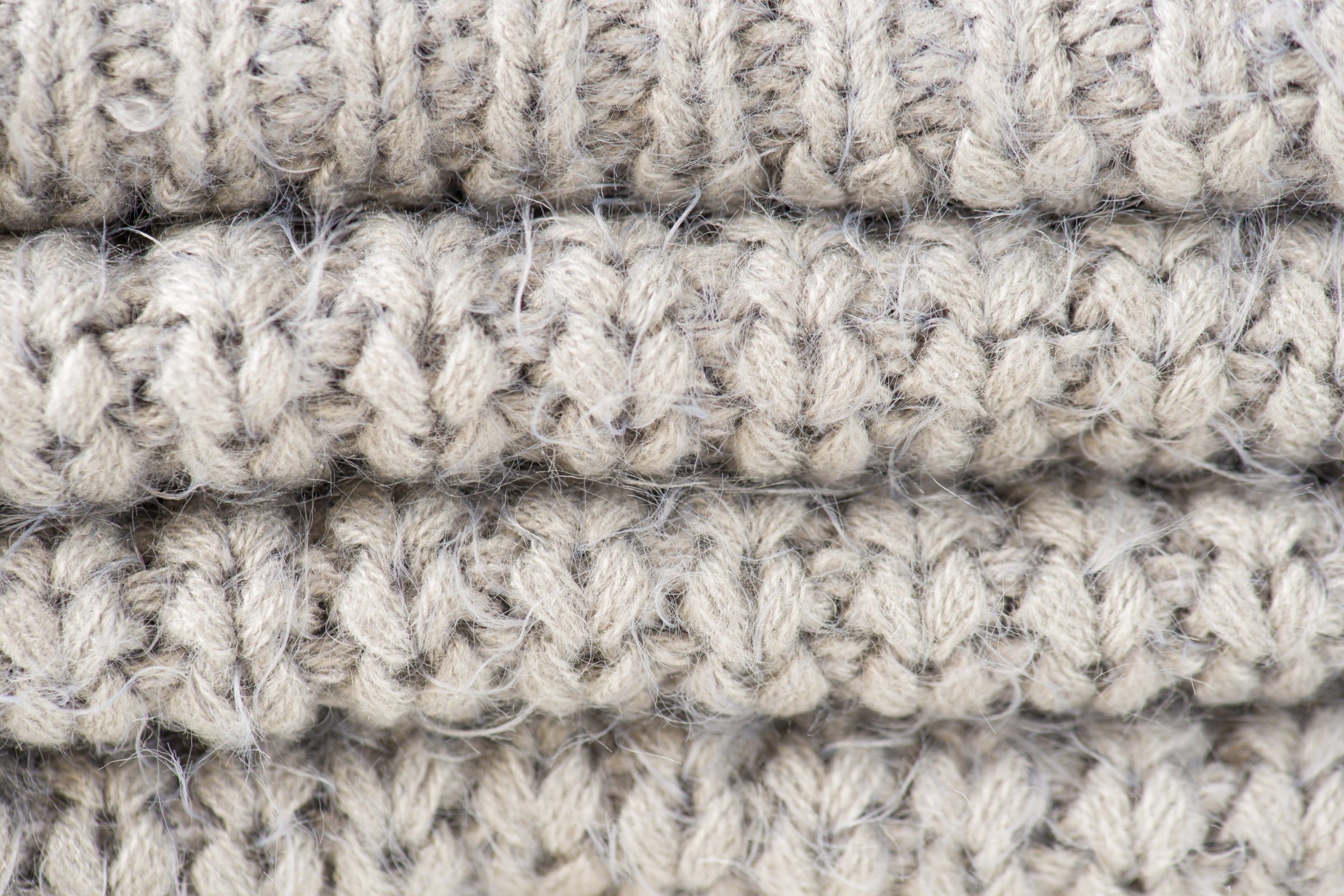
So, is Merino wool itchy?
No, not when it’s high quality. Merino wool is famously soft, and here’s why:
-
Finer fibres
Merino fibres range from 15 to 24 microns. These bend easily against the skin rather than prickle it.
-
Smooth texture
The structure of superfine Merino gives it a naturally soft, silk-like feel — nothing like that old-school itchy jumper.
-
Skin-friendly processing
At Isobaa, we primarily use 18.5 micron superfine Merino wool, processed without harsh chemicals and designed for next-to-skin comfort.
You can learn more about Merino wool grades any why they matter in our guide below.
Understanding Merino grades
Is Merino wool good for sensitive skin?
Yes. In fact, superfine Merino wool is recommended for sensitive skin, including in babies and people with eczema.
A study in the British Journal of Dermatology found that superfine Merino actually improved symptoms in children with eczema.
This makes Merino a great choice for those who usually avoid wool due to irritation.

Key benefits of Merino wool
Here’s why Merino belongs in your wardrobe:
-
Breathable
Keeps you cool in summer, warm in winter.
-
Moisture-wicking
Pulls sweat away from the skin — no clammy feeling
-
Odour-resistant
Naturally resists bacteria, making it ideal for activewear and travel.
-
Ultra-soft
Finer than human hair. Seriously.
-
Sustainable
Renewable, biodegradable, and responsibly sourced.

How to choose non-itchy Merino wool clothing
Not all Merino is made equal. Follow these tips to avoid irritation:
-
Check the micron rating
Look for 18.5 microns or lower for the softest feel.
-
Look for superfine or ultrafine labels
These indicate better softness and higher quality.
-
Avoid synthetic blends
Mixing Merino with synthetic fibres can reduce softness and breathability.
-
Follow care instructions
Proper washing helps maintain the fabric’s natural softness.
-
Buy from trusted brands
Look for brands that clearly list specs and use ethical production methods.
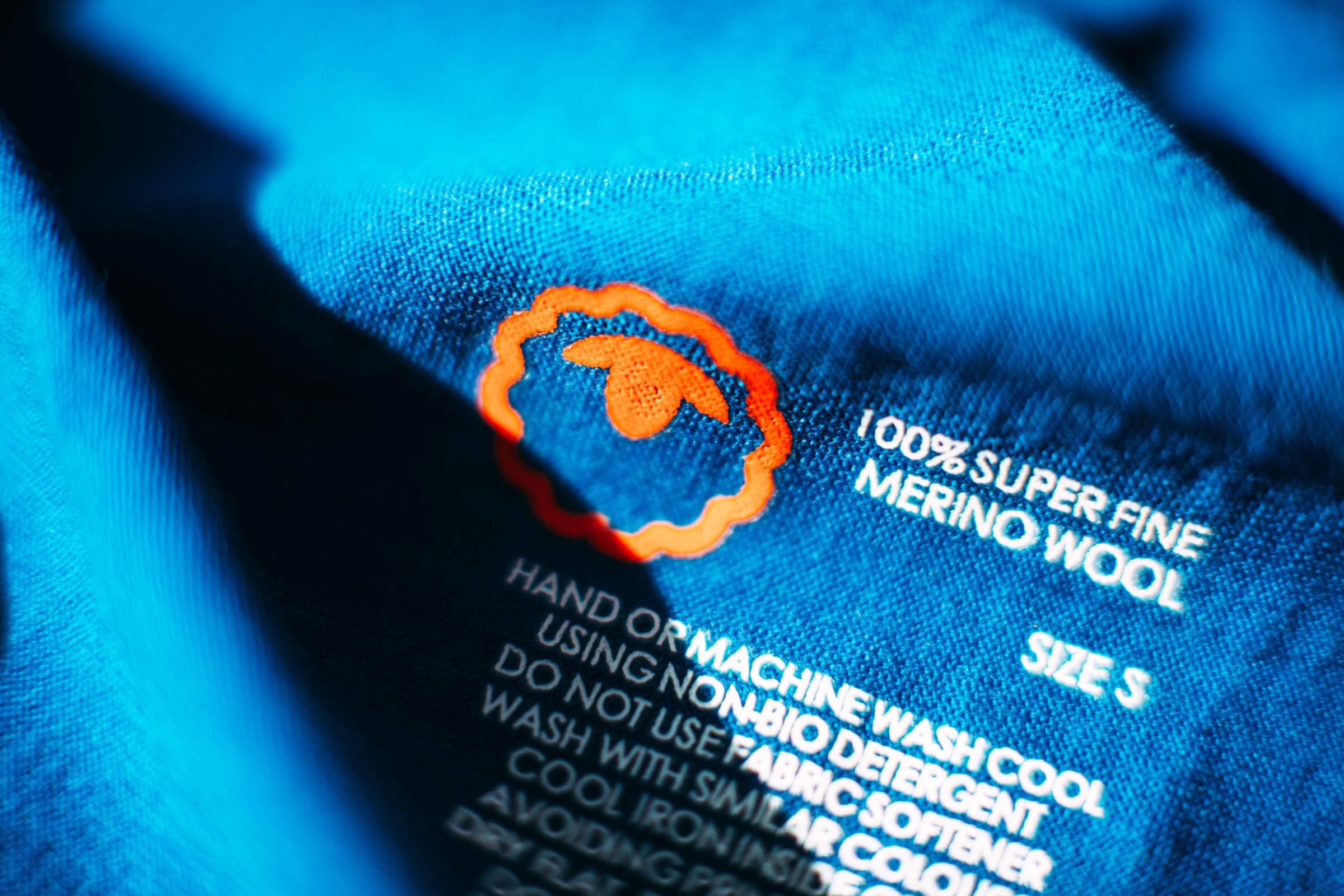
Can Merino wool ever be itchy?
While rare, some situations can affect comfort:
-
Coarser Merino blends or garments above 24 microns.
-
Improper processing or leftover residues.
-
Highly sensitive skin (though this is rare with superfine Merino).
But if you choose 18.5 micron Merino, like the majority of our range at Isobaa, you’re almost guaranteed an itch-free experience.

FAQs
Smooth, soft and light — more like cotton or silk than traditional wool.
Yes! It’s breathable, temperature-regulating and great all year round. We encourage people to wear their Merino for multiple days without washing it.
Absolutely. It works perfectly as a base or mid-layer thanks to its weight and breathability.
It does! The fibres become even more supple with regular wear and care.
Not at all. It retains warmth and doesn’t feel clammy or rough when damp.
Final verdict: is Merino wool itchy?
No — when it's high-quality, like the superfine 18.5 micron Merino used at Isobaa, it’s anything but.
You get the natural performance of wool — warmth, breathability, odour-resistance — without the scratch.

You might like






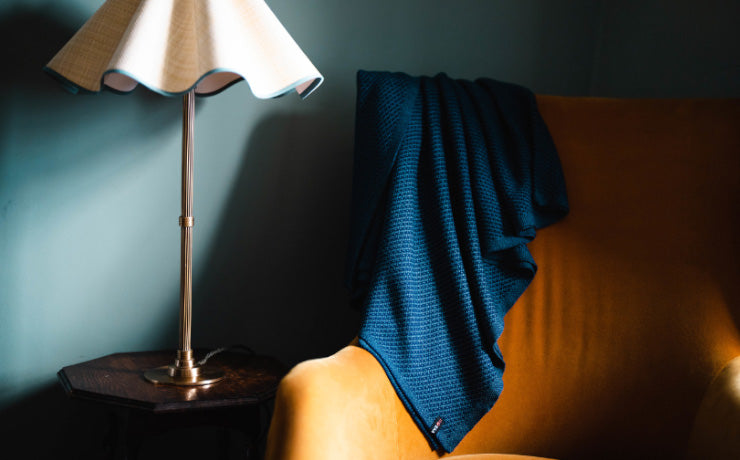
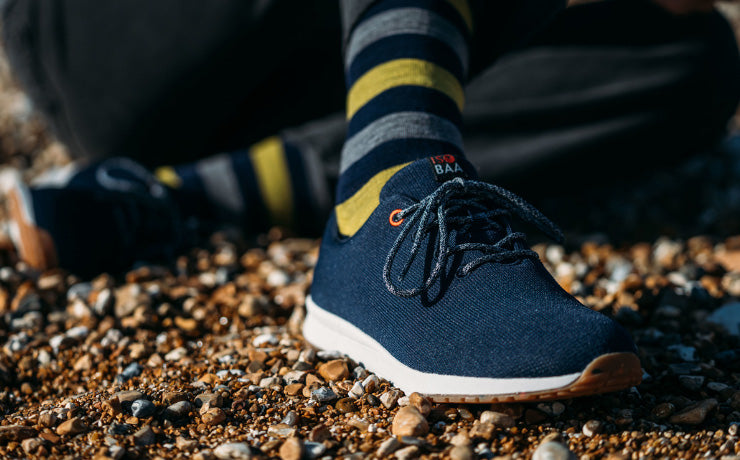








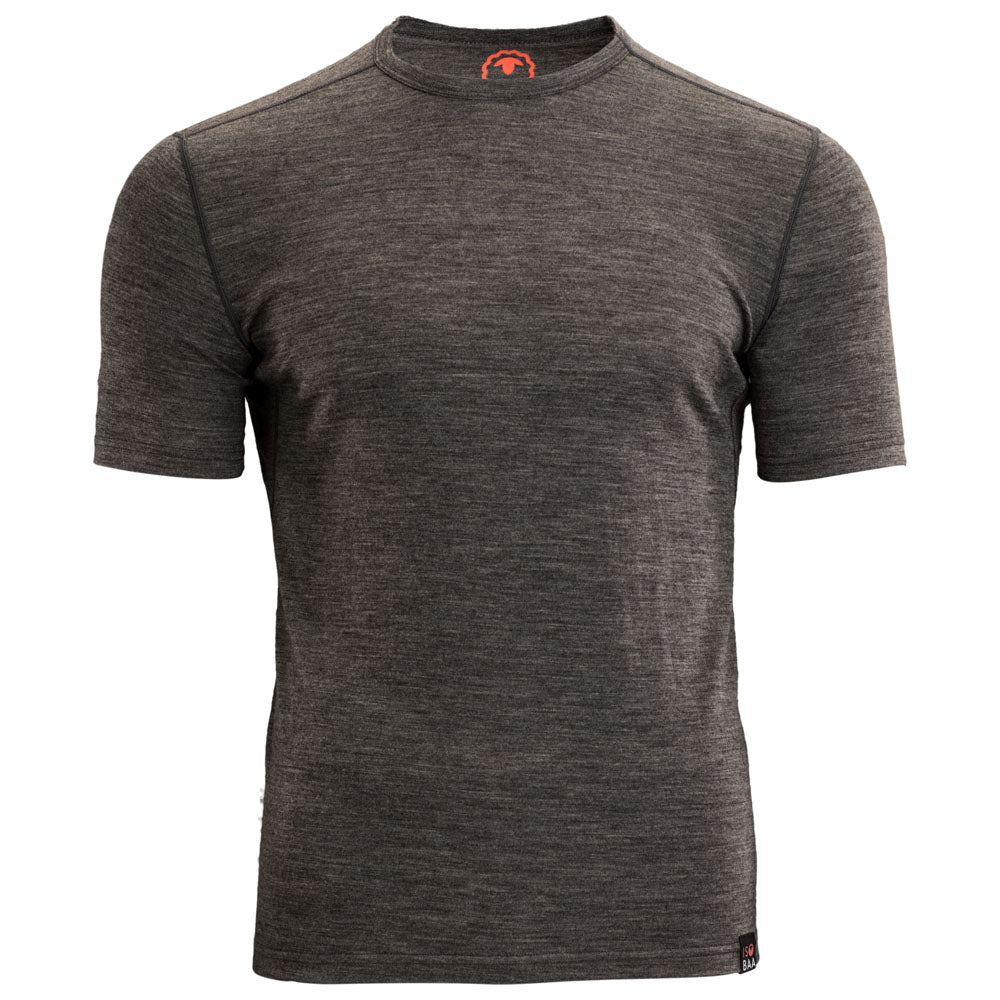

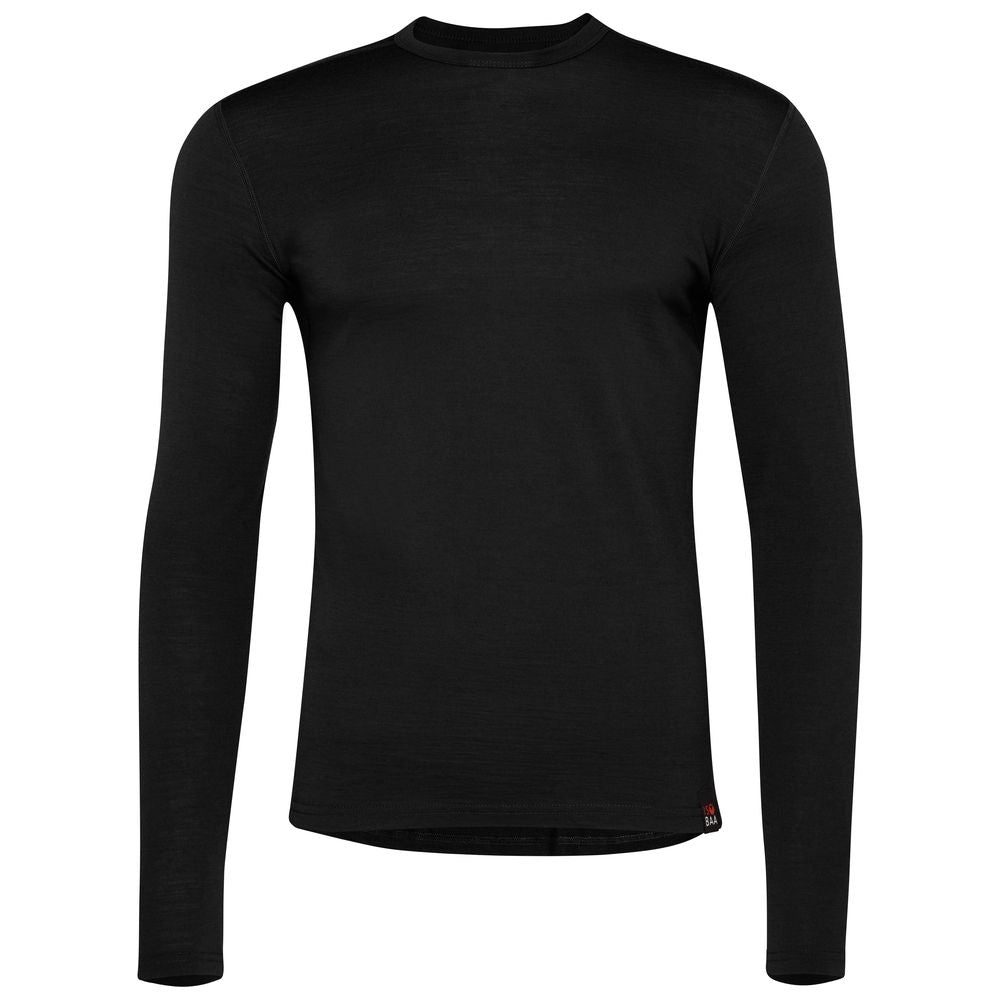



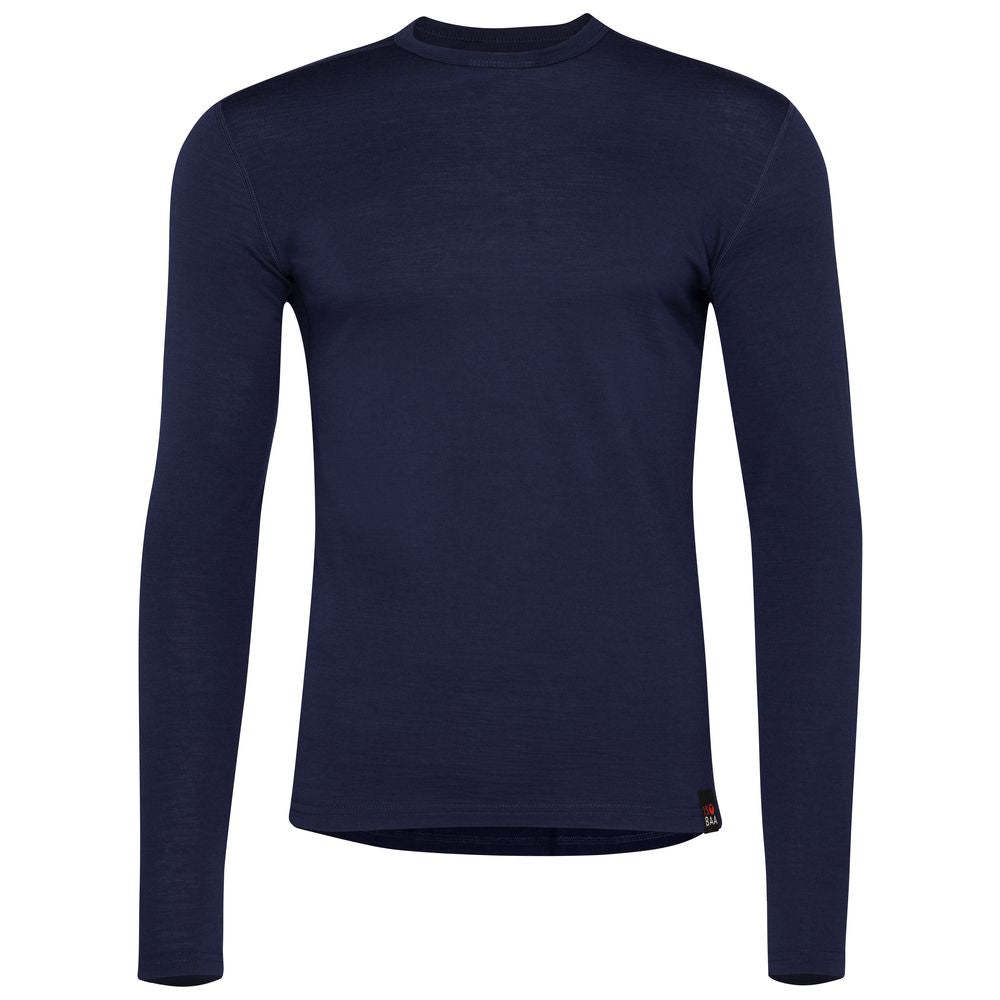

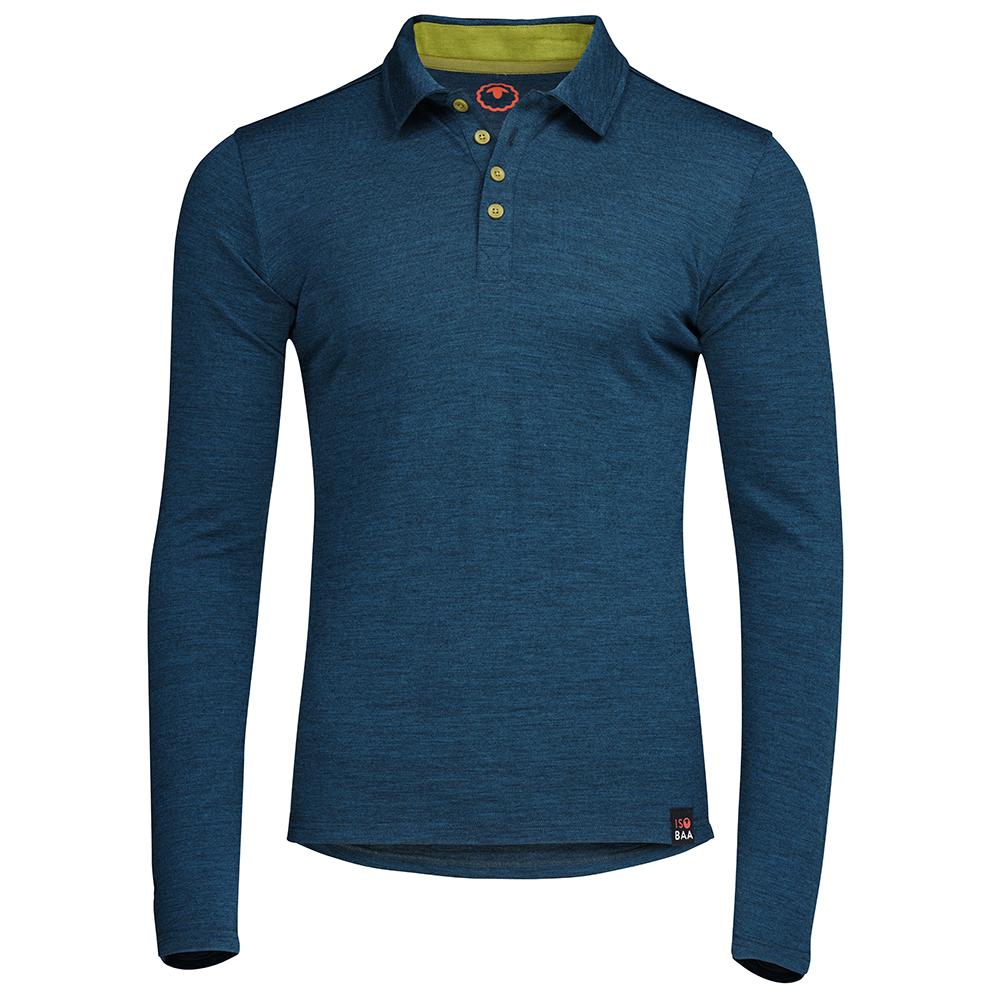

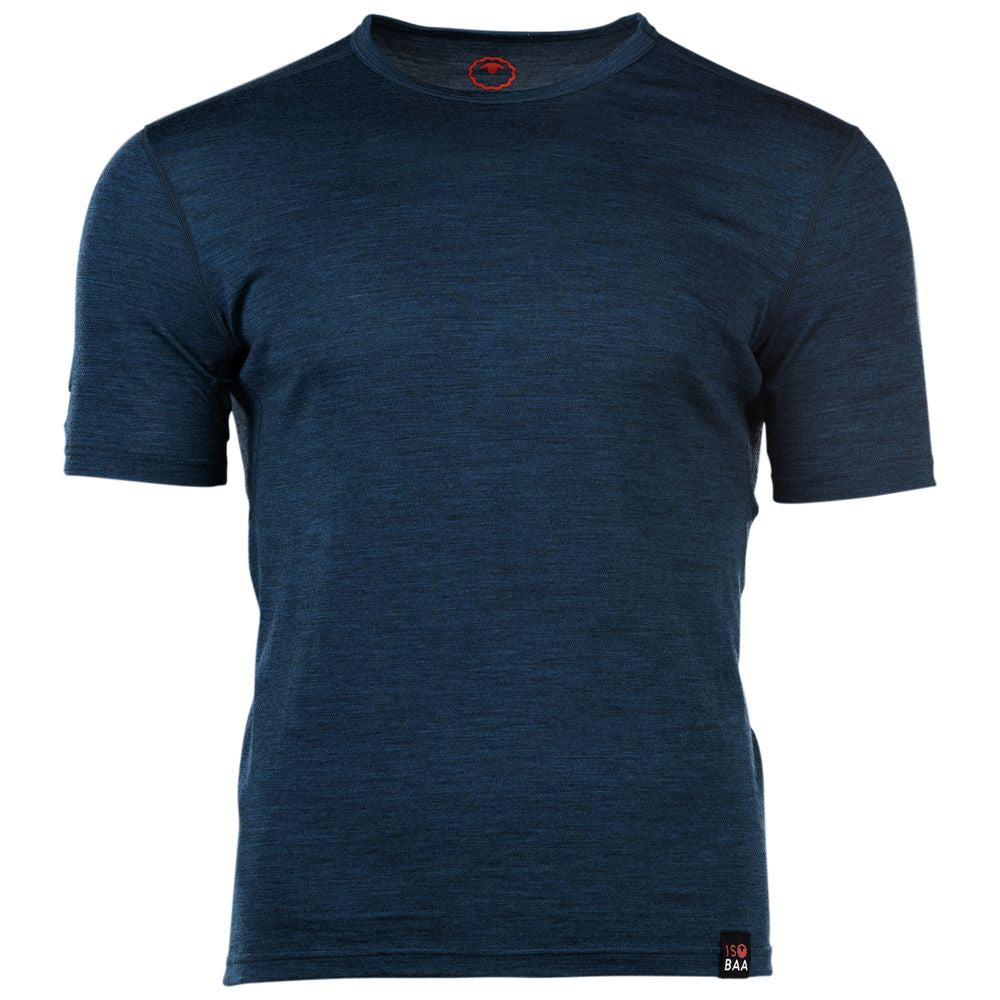

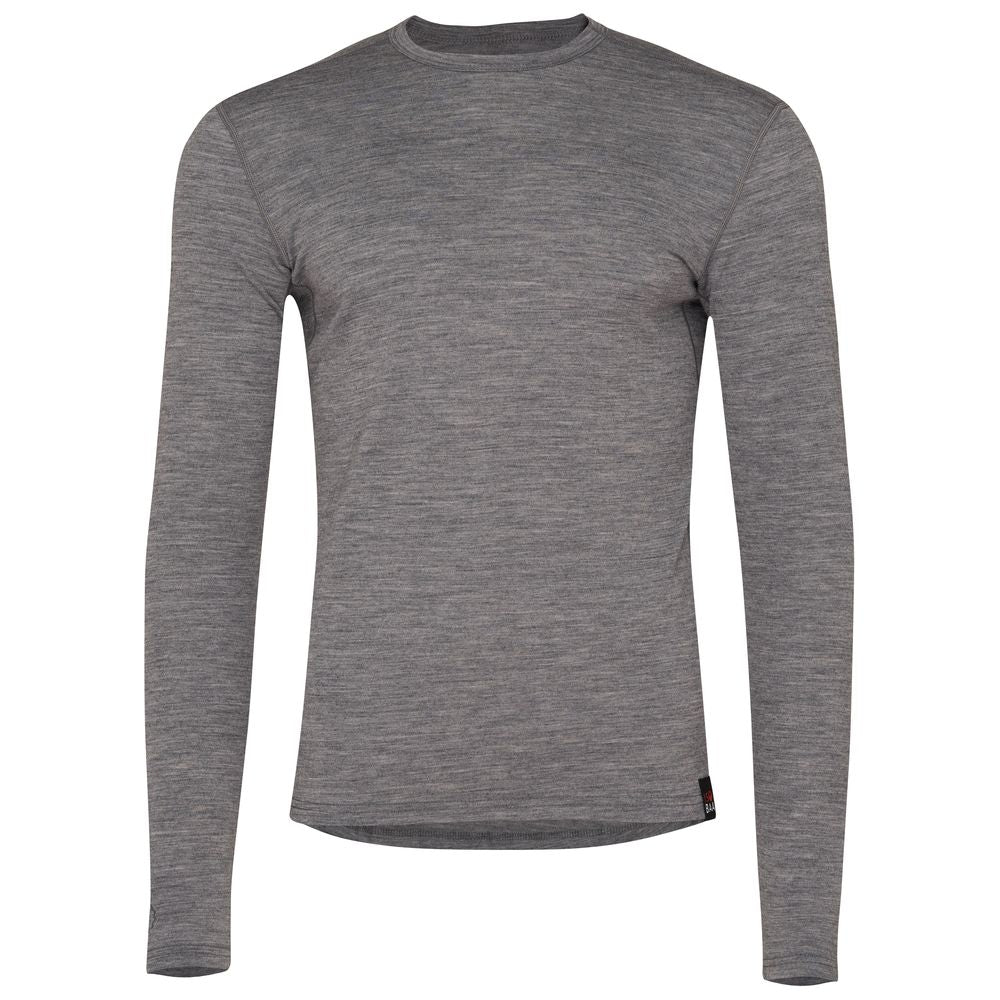







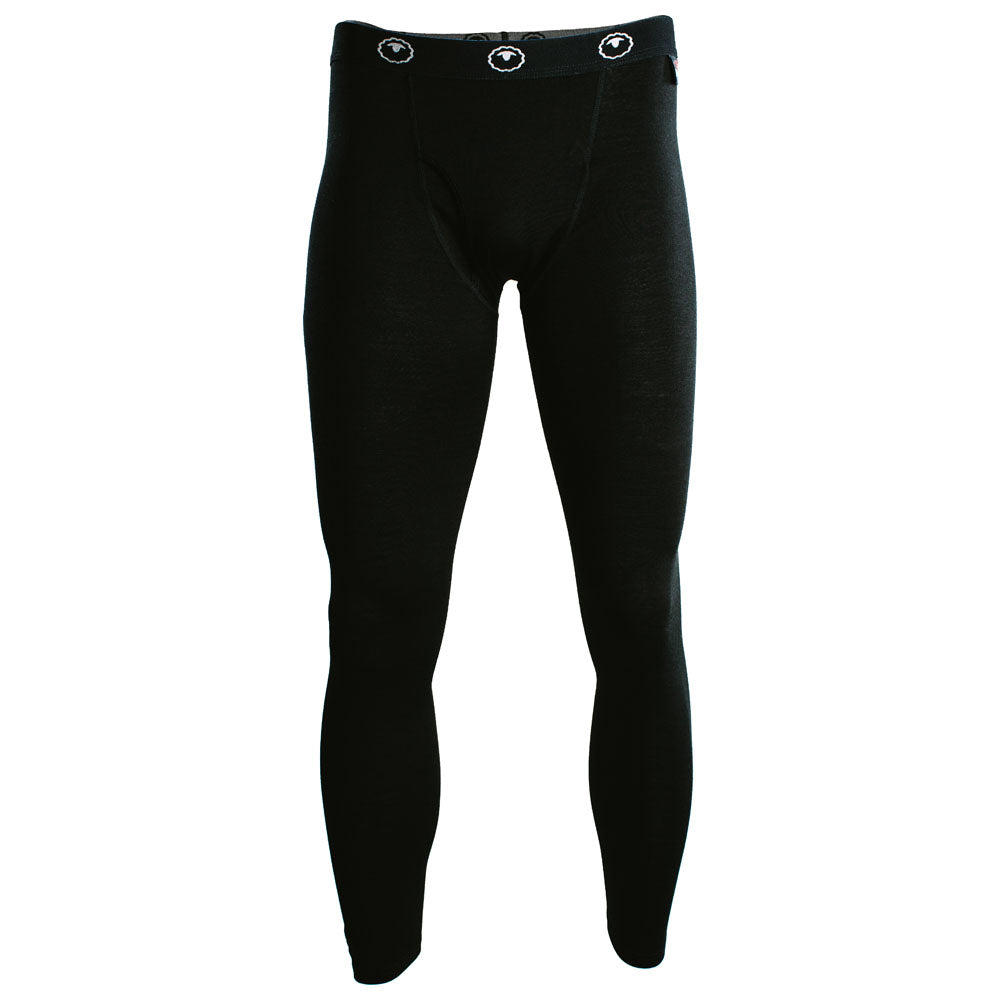

Leave a comment